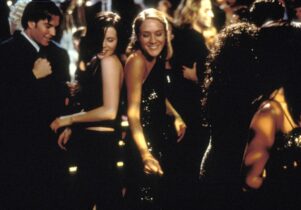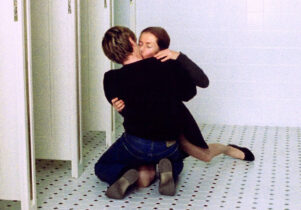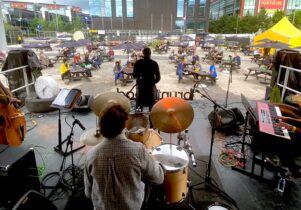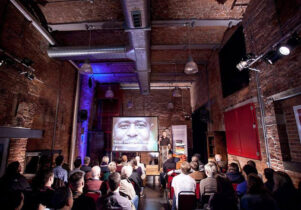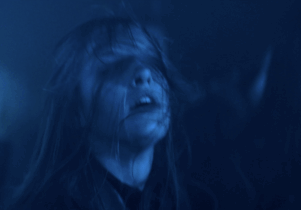Zama & Lucrecia Martel Retrospective at HOME
Tom Grieve, Cinema EditorBook now
Zama & Lucrecia Martel Retrospective
Always double check opening hours with the venue before making a special visit.
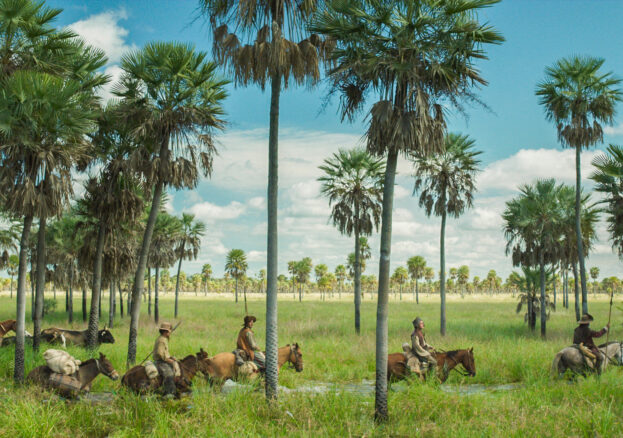
“When you discover an auteur so original, mature and elusive as Lucrecia Martel, you feel as if you’re witnessing a miracle.” – Pedro Almodóvar
Argentinian writer-director Lucrecia Martel gets the full retrospective treatment at HOME to mark the release of her latest film, Zama. Despite having directed only four features over a period that stretches back to 2001’s La Ciénaga, Martel’s elusive style and sense of mystery has seen her recognised in cinephile circles as one of contemporary film’s outstanding talents. Alongside Zama, HOME’s retrospective will encompass Martel’s first three films, unofficially labelled the “Salta Trilogy”, screened alongside various short works and documentaries.
Set over the course of one sticky summer La Ciénaga, Martel’s debut feature (which screens on Saturday 2nd June), charts the trials and tribulations of one well off family in typically woozy style. This is followed by the director’s sophomore effort, The Holy Girl (Monday 4th June), an atmospheric account of sexual awakening centred around the teenaged Amalia (Maria Alche) who becomes fixated on a man who presses himself up against her on a crowded street. Meanwhile, The Headless Woman (Wednesday 6th June) is a fragmented masterpiece which places us in the disorienting position of a well-to-do woman (María Onetto) who may or may not have hit somebody, or something, in a car accident.

Described in this month’s Sight & Sound as an “anti-epic of colonialist ambition and disappointment” Martel’s new film, Zama (opening Friday 25th May) is adapted from Antonio di Benedetto’s 1956 novel of the same name and details the misadventures and frustrations of a South American magistrate in the 1790s. Arriving nine years after the acclaimed The Headless Woman, the film has been earning plaudits since its Venice Film Festival debut last year, with The Guardian dubbing the film “a left-field masterpiece” and Little White Lies going as far as to call it “one of the great cinematic achievements of the decade.”
In many ways Zama is a departure for Martel: it’s her first period piece, her first adaptation, her first film set outside of her home region of Salta and her first to feature a male lead. But in other ways, it is very much a continuation of a style honed over two decades. Martel still steadfastly refuses to use establishing shots, whilst the style remains tricky and unrooted from conventional narrative structures, and once again, the director’s daring, unconventional approach is used to artfully explore notions of family, class and colonialism. Rarely seen on the big screen, local film fans should be excited by this chance to dig into the works of one of world cinema’s pre-eminent voices at HOME.
